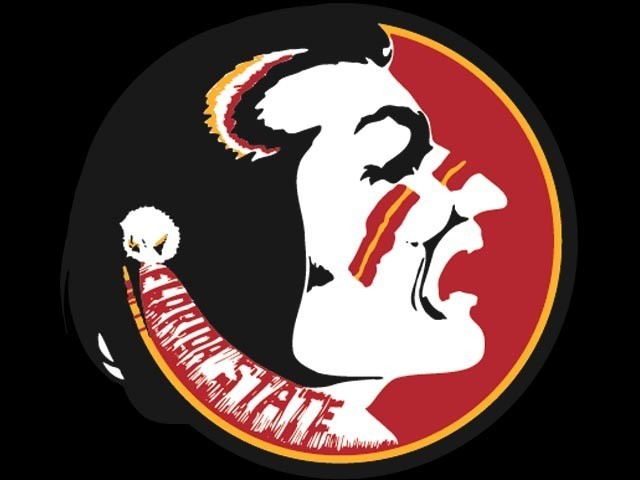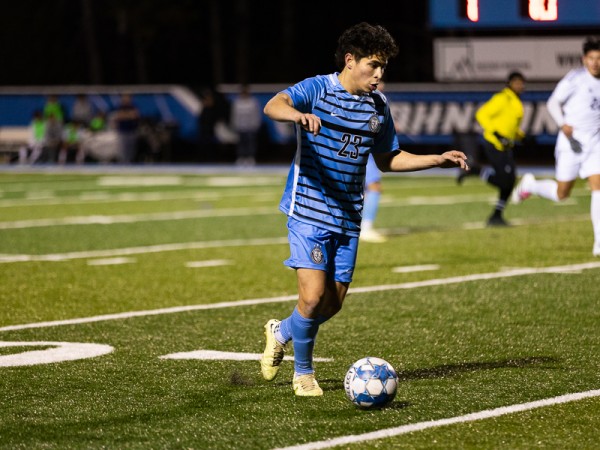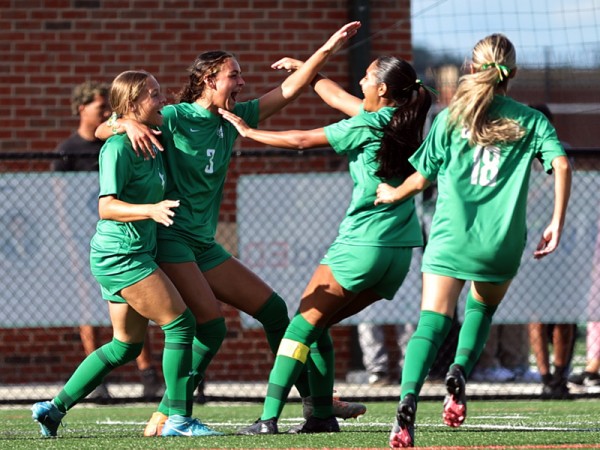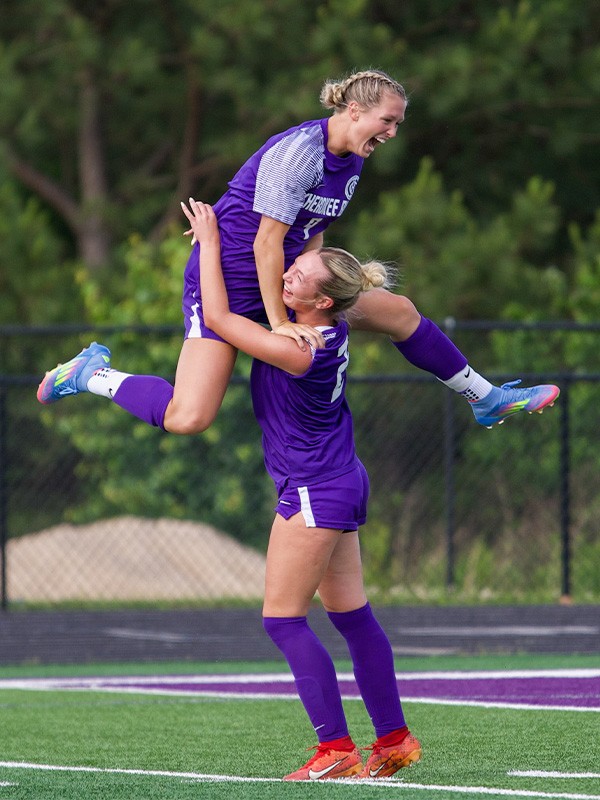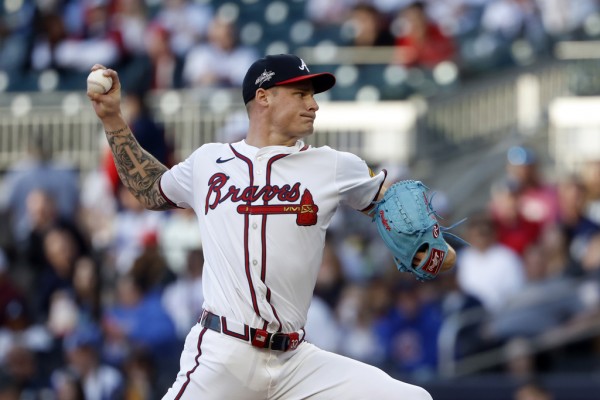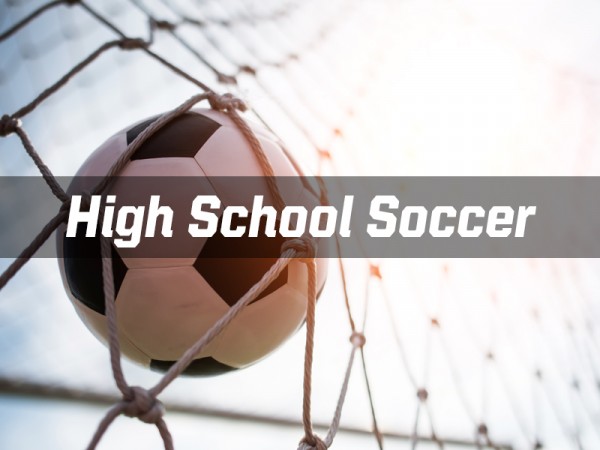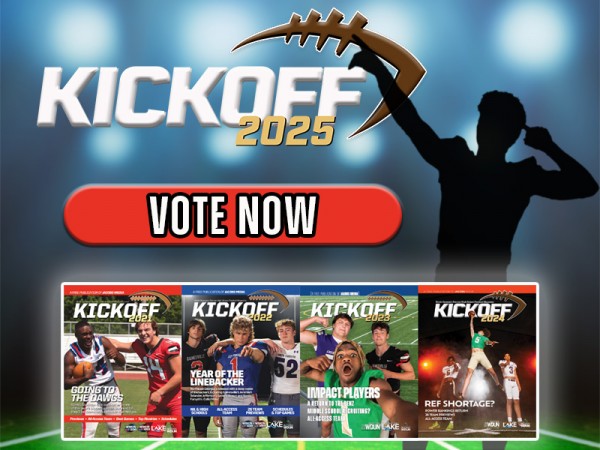TALLAHASSEE, FLORIDA -- The dispute between the NCAA and Florida State University over sanctions that could force the school to forfeit wins in 10 sports and a national track championship is drawing scrutiny from some of the state's elected officials.
The NCAA cannot privately respond to a Florida State appeal which it's attempting to do in violation of the state's open government laws, the attorney general's office said Thursday.
Longtime football coach Bobby Bowden could possibly lose as many as 14 of his career if the penalty from an academic cheating case sticks. That would make it difficult for Bowden to compete with Penn State's Joe Paterno in their race for most victories among major college coaches. Paterno begins the 2009 season with 383, one more than Bowden.
Alexis Lambert, the sunshine and public records lawyer for Attorney General Bill McCollum, said Florida statutes are clear that a third party the NCAA in this case that generates a document cannot designate it to be private.
``Florida law trumps what the NCAA wants and Florida State is obligated to provide access to that document,'' she said. ``Everything about this to me looks like it was a document received in connection with official business, The maker or sender of the document is not allowed to determine the circumstances.''
NCAA spokeswoman Stacey Osburn said the process has long been established to maintain the integrity of investigations.
``This procedure is in place to protect the confidentiality of the documents, and not, as others have erroneously asserted, as a 'workaround' for public release of the documents in the Florida State University case,'' Osburn said.
Gov. Charlie Crist, a Florida State graduate, says everything should be out in the open.
``Transparency is always best,'' Crist said Thursday. ``Always better.''
The only entity in Florida allowed to designate a document be exempt from disclosure is the Legislature, Lambert said.
Florida State's general counsel, Betty Steffens, has asked the NCAA to release the document in question, even in a redacted form. That request was denied.
The private attorney handling Florida State's appeal, Bill Williams, agreed to sign a confidentiality agreement in order to see the NCAA's response.
Florida State has until July 1 to respond to the NCAA letter.
Tuesday
May 6th, 2025
10:00AM


